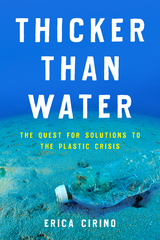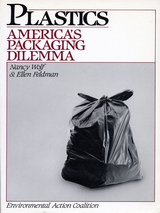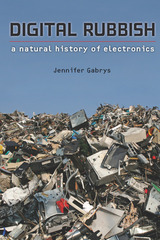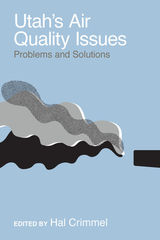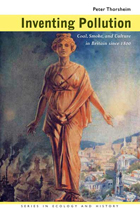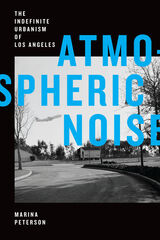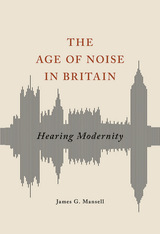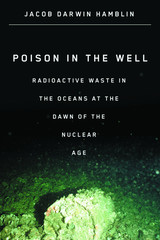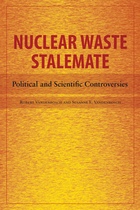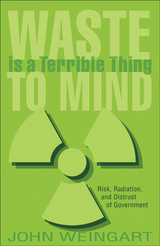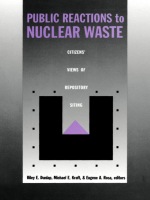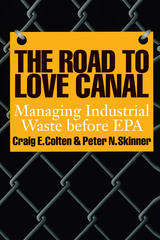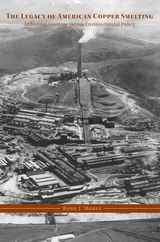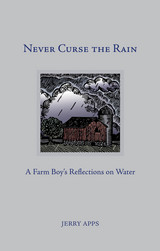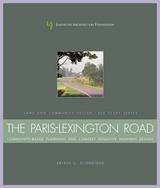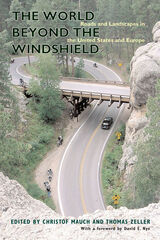Nuclear Waste Stalemate: Political and Scientific Controversies
University of Utah Press, 2007
Paper: 978-0-87480-903-9
Library of Congress Classification TD898.V35 2007
Dewey Decimal Classification 363.7289
Paper: 978-0-87480-903-9
Library of Congress Classification TD898.V35 2007
Dewey Decimal Classification 363.7289
ABOUT THIS BOOK | AUTHOR BIOGRAPHY | TOC | REQUEST ACCESSIBLE FILE
ABOUT THIS BOOK
Diminishing oil supplies, global warming due to use of fossil fuels, persistent strife in the Middle East, and increasing demands for energy have led to the search for additional energy sources. Many feel that a significant expansion of nuclear power will be necessary to meet projected needs. However, although nuclear power has been produced commercially for over thirty years, no country has yet found a permanent solution for the disposal of high-level nuclear waste. This book examines the complex political, legal, and scientific issues relating to the disposal of that waste.
The political controversies discussed here include the power of governors to veto placement of high-level nuclear waste repositories in their states, the use of incentives for spent-fuel acceptance, the use of Indian reservations as host sites, control of a Nuclear Waste Fund, and whether a state without a nuclear reactor should be required to accept spent fuel.
The scientific controversies discussed include monitored surface storage versus permanent geological disposal, burial above or below the water table, the probability of serious seismic and volcanic events, and long-term hazard assessment. This book is unique in its comprehensive discussion of the issues related to nuclear waste storage.
The political controversies discussed here include the power of governors to veto placement of high-level nuclear waste repositories in their states, the use of incentives for spent-fuel acceptance, the use of Indian reservations as host sites, control of a Nuclear Waste Fund, and whether a state without a nuclear reactor should be required to accept spent fuel.
The scientific controversies discussed include monitored surface storage versus permanent geological disposal, burial above or below the water table, the probability of serious seismic and volcanic events, and long-term hazard assessment. This book is unique in its comprehensive discussion of the issues related to nuclear waste storage.
See other books on: Environmental Policy | Political | Political Science | Public Policy | Radioactive waste disposal
See other titles from University of Utah Press

